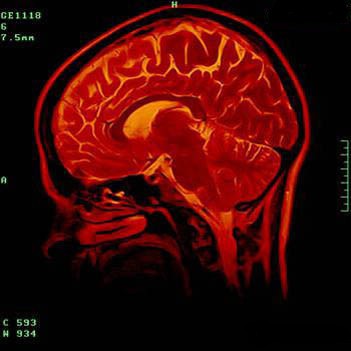Foods Allergies Cause Migraines
Can foods allergies cause migraines? is a complication question. the answer to this is yes they can cause or aggravate migraines
A recent study on August 8, 2014 at Fox News listed several foods that trigger headaches. Among those foods that trigger migraine headaches are smoked or cured meats including things like beef jerky, aged hard chesses, citrus fruits, sauerkraut, soy sauce, red wine, beers, and foods containing MSG.
If you or a loved one is experiencing headaches or migraines please try to limit these foods and see if it helps. As always please consult a health care provider for serious problems such as migraine headaches. Obviously, migraine headaches can be disrupted to your life. Family, work, and fun can all be effected
Food allergy is an immune system reaction that occurs soon after eating a specific food. Even a small amount of the allergy-causing food can trigger signs and symptoms such as digestive problems, In some people, a food allergy can cause severe symptoms or even a life-threatening reaction known as anaphylaxis.
Food allergy affects an estimated 6 to 8 percent of children under age 3 and up to 3 percent of adults. Migraines have been known to be caused by food allergies. The allergies cave effect blood flow to the brain effective circulatory changes
It’s easy to confuse a food allergy with a much more common reaction known as food intolerance. While bothersome, food intolerance is a less serious condition that does not involve the immune system. Many researchers are looking into advanced technologies to determine causes of migraines and the foods patients should avoid. High on the list are wine, alcohol, cheese, preservatives, food coloring. Having a diet high in fresh vegatables and lean protiens is always a good start.
Study finds link between episodic migraines and obesity

episodic migraines
A recent study of more than 1000 participants found a somewhat surprising link between a person’s weight and their likelihood of experiencing episodic migraines.
In the study, participants who were obese were 81% more likely to have episodic migraines. This was especially true for participants under 50 years of age.
This discovery is actually somewhat unexpected in the field of migraine studies. We were a little surprised to hear the results, since many of the people who come to our office with migraines are relatively thin.
Here are a few things to keep in mind about this study:
- This study looks at episodic migraines, not chronic migraines. Chronic migraines are defined as occurring 15 or more times a month, episodic migraines as less than 15. There was no link found between obesity and chronic migraines.
- This study doesn’t explain why this link exists. It doesn’t prove that obesity causes migraines, or vice-versa. But it does demonstrate that the two are very strongly linked.
Why this study matters
This discovery was somewhat groundbreaking in the field of migraine studies. Typically neurologists have focused only on chemical causes of migraines, and tend to focus only on chemical solutions (i.e., medications).
But this study indicates there may be a physical aspect at play. Again, we don’t know for certain that obesity causes migraines, but there’s a good possibility that losing weight could help patients who suffer with migraine pain.
This is somewhat eye-opening to neurologists who rarely, if ever, counsel patients on diet, exercise and other lifestyle choices as part of a possible solution. More studies like this could encourage a more holistic approach to preventing and relieving migraine pain.
Of course, at ProAdjuster Chiropractic, the holistic approach is what we’ve always done, and we’ve seen many patients reduce the number and severity of their migraines through spinal adjustments. We’re just encouraged to see studies like this emerge in the larger medical community, and we hope that ultimately it means even more people find relief from migraine pain.
Photo credit: photo credit: Patrick Denker via photopin cc

Leave A Comment